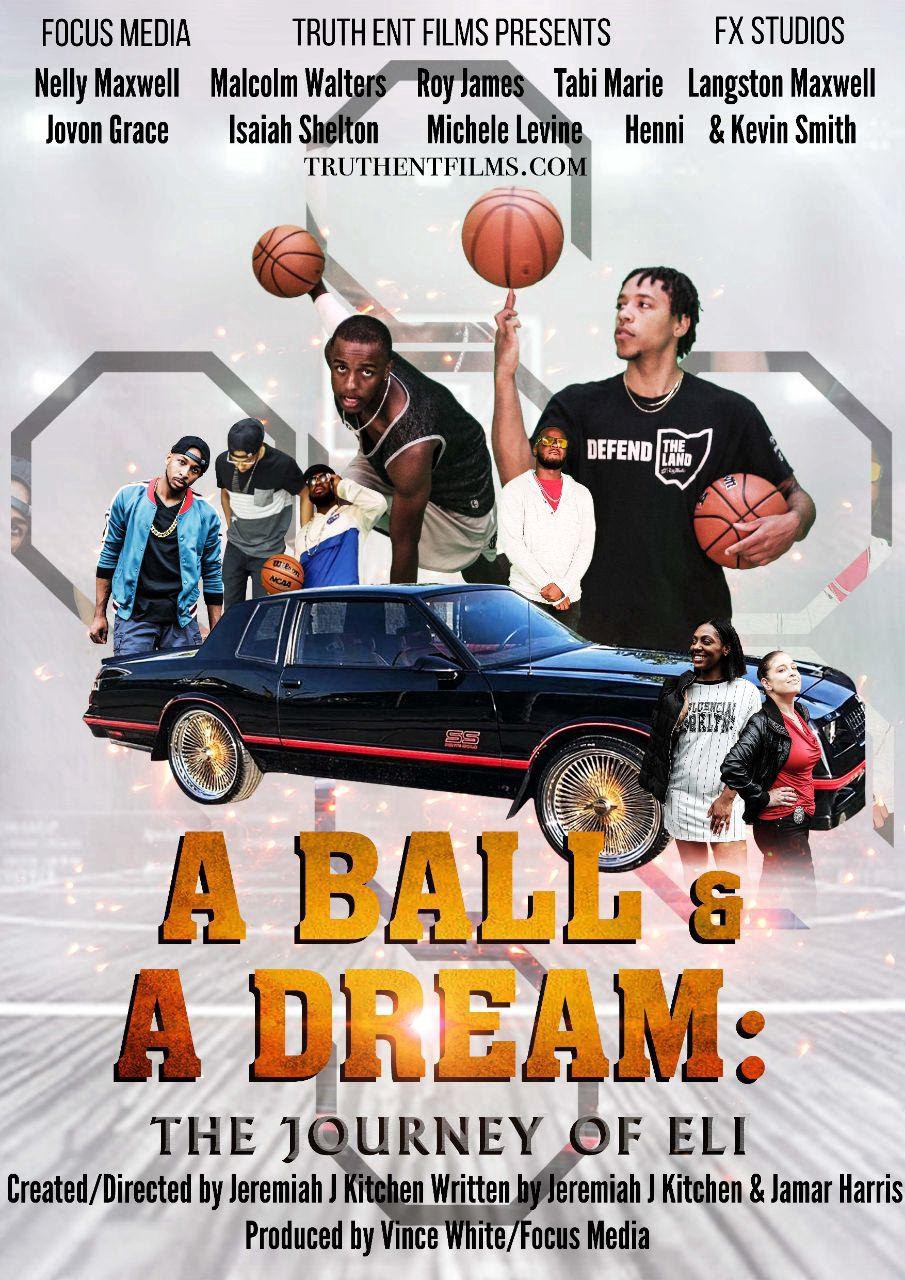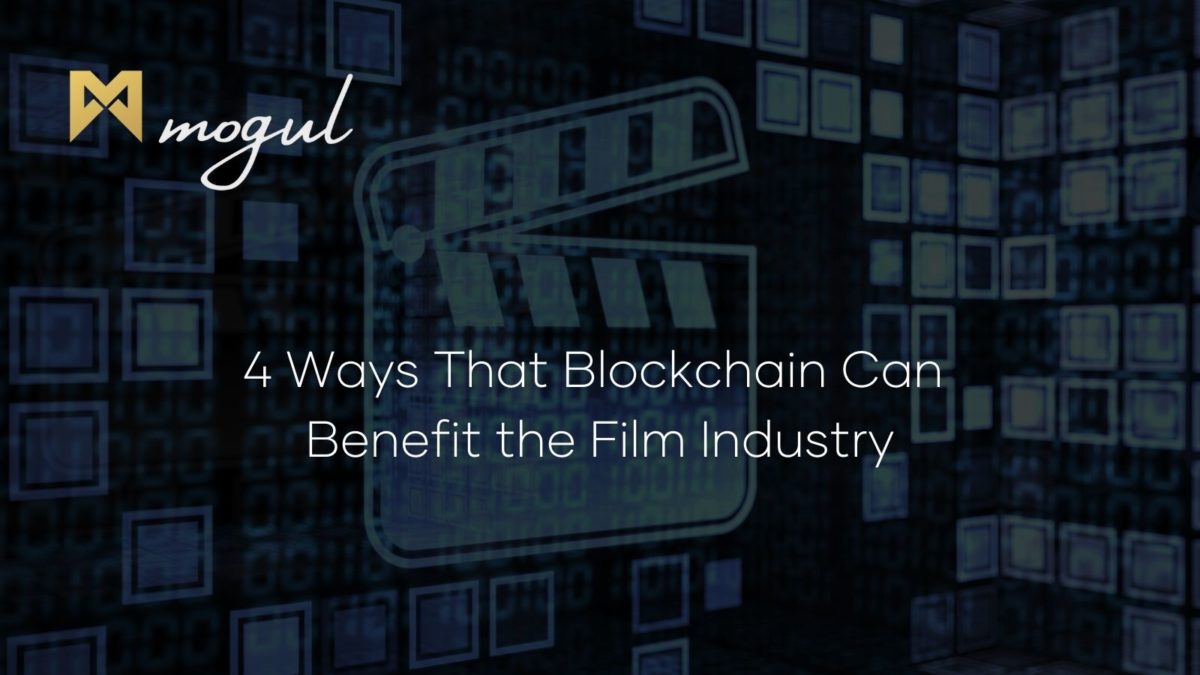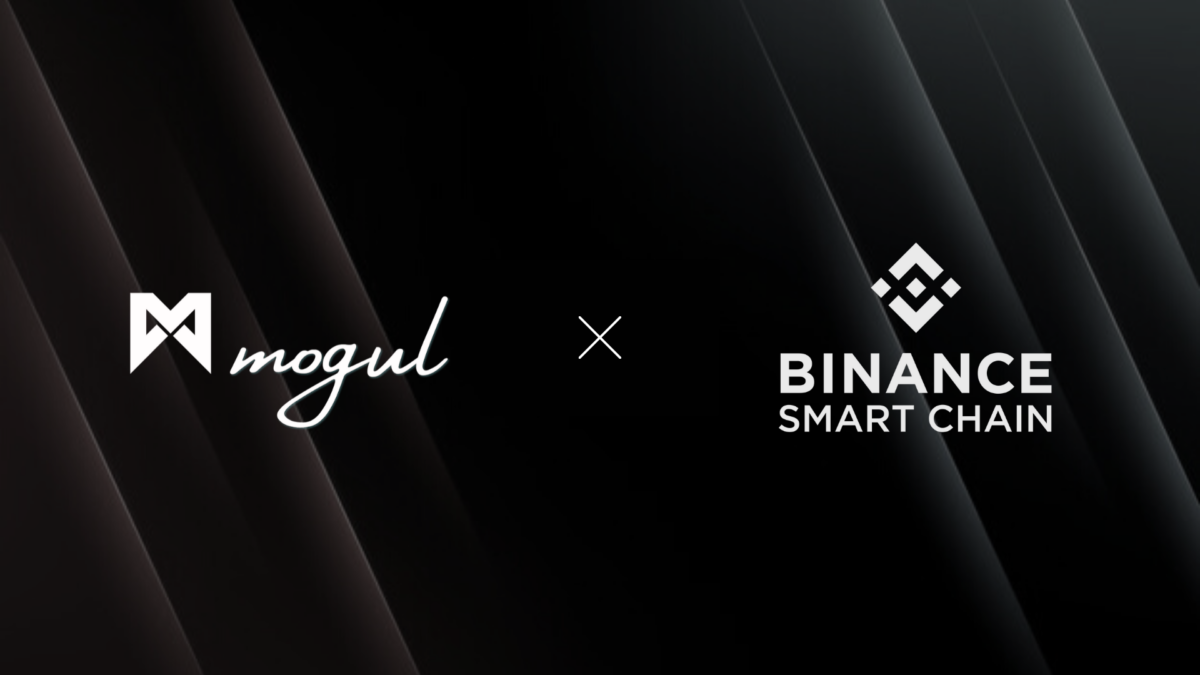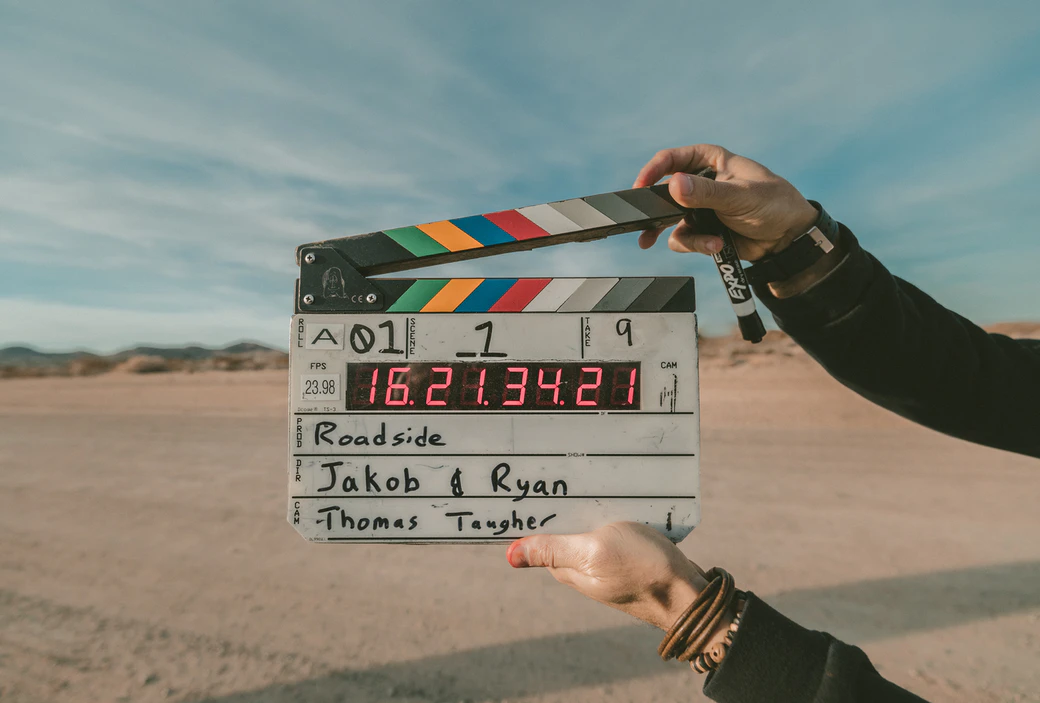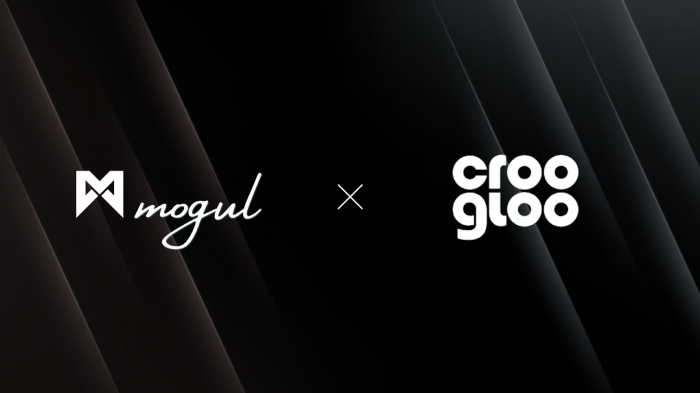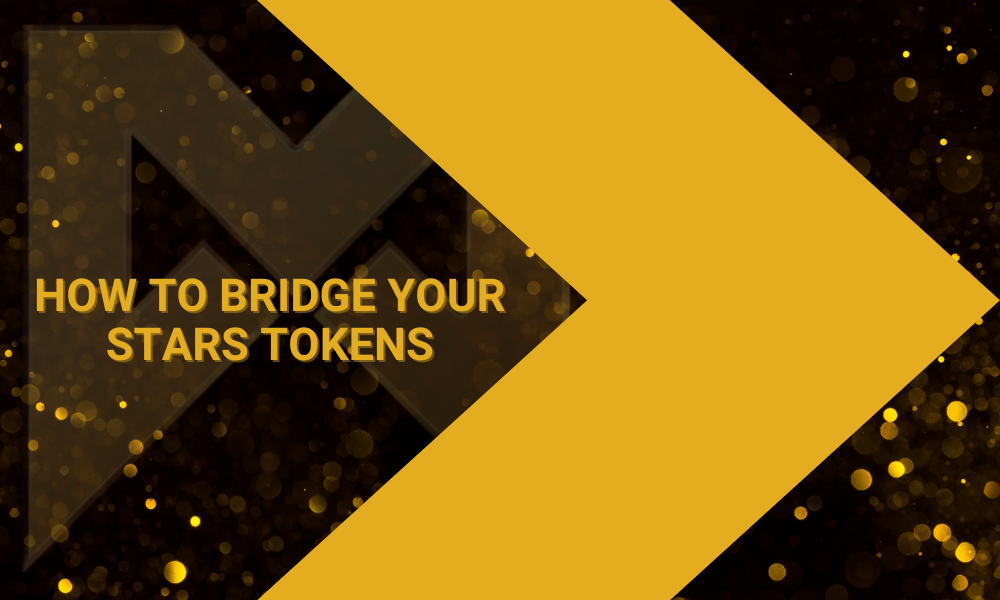Jeremiah Kitchen, an early-adopter in the Mogul community, has been using his time this year wisely. The writer & director from Cleveland, Ohio distributed the first season of his wholly original TV series called “A Ball & A Dream” in February and has been relentless in promoting the series digitally during COVID-19.
For Kitchen, a minority filmmaker, this is the second time he’s produced, directed, and distributed a series. He admits the first time was more of a learning experience, and he has higher hopes for A Ball & A Dream.
During his first go-around, Kitchen pressed his artwork onto DVDs and made consignment deals with corner store owners around Ohio; a self-taught lesson in producing, directing, and distribution to learn from. Kitchen himself even said:
“The movie was horrible but a lot of the folks in the neighborhood loved it.”
As an early Mogul member, Kitchen was able to connect with award-winning actor Lyriq Bent to seek advice on the post-production process. He had a strong vision for the show when it was being shot, but recognized some issues early in editing. Lyriq was able to provide a sound wall and give sage advice on the process as someone who has been there before.

This time around, Kitchen planned for several years to bring his production to life. He noted that as a minority producer in a community in the Midwest, thousands of miles from Hollywood, he’s seen filmmakers spend years trying to get their projects financed. The opportunity to produce often never comes for some aspiring filmmakers — and that’s why he took a different approach.
Kitchen felt that he had a voice that needed to be heard. Inspired by Lena Waithe and her creation of “The Chi”, he saved funds for 2 years to produce his short web series. The self-funded producer knew this was an easier path than pursuing financing options in a Hollywood system that often has high barriers to entry, despite only needing what he has described as an incredibly low budget.
As Franklin Leonard, the creator of the Hollywood Blacklist, said on NPR’s Planet Money podcast:
“There is no correlation between being a world-class screenwriter and having the funds to move to Hollywood.”
The first episode of Kitchen’s series has over 20k views on Youtube and his audience is growing from a grassroots fanbase. The latest episode has seen over 30k views.
A Ball & A Dream is loosely based on the life of a young man named Nelson Maxwell who played the main character, Eli, in the series. Eli has enough talent to make it to the NBA, but poor life choices strip him of the opportunity. That is until a wild series of events put him head-to-head in a streetball tournament against a current NBA star (played by Malcolm Walters), which Eli uses as a chance for redemption.
Producing the film was a “trial by fire” experience in learning the art of problem-solving for Kitchen. Playing with little budget, he leveraged some personal relationships who had access to local production studios with cameras, drones, and editing software, put together a cast of young and hungry aspiring actors, and courted local business owners to film at their facilities. Kitchen also had to woo the Cleveland City Hall to get the proper permits to shoot at the famous Abbey Park basketball court, a local spot known to attract streetball players on the lower-income westside of Cleveland. Neighborhood legends, such as former Michigan State basketball player and current actor Delvon Roe, frequently spend their days here playing streetball and dreaming of making it to the NBA.
The series serves as inspiration for many aspiring filmmakers and industry professionals — this wasn’t just a step forward for Kitchen’s career, but Walters (who played Malik Hall) has been cast in two other roles since A Ball & A Dream, including Black Panther 2 with Chadwick Boseman. It shows that you don’t need to raise hundreds of thousands of dollars to create your vision to vault your film career.
As Josh Gloer told us on Mogul Live, the best camera an aspiring filmmaker can have is the camera that they currently own!
It took 7 months for Kitchen to finish the series — then he faced the next challenge of distribution. He recognized that he couldn’t press up DVDs in 2020, so he started looking at major digital distributors. Distributing his self-made film on Netflix, Prime, or iTunes originally sounded like a dream-come-true, but after unpacking the fine print, he learned that producer compensation was incredibly low and that his low-budget series would be blocked from the selection screen on the sites even if it was chosen. It would only be found if someone specifically searched for his film.
Kitchen chose Youtube to distribute and monetize the series and used a small budget for digital advertising. Paramount in his decision to self-distribute on Youtube was also the connection with fans. Kitchen felt he’d lose the connection and direct access and contact to his fans, and that the information that these streamers would provide him would diminish his audience down to just demographic data rather than real-life interactions.
He has tried to reach a wider audience and has promoted through Mogul, Youtube, Twitter, Instagram, and Facebook by using hashtags, keywords, placement links, and metadata to continue targeting.
Kitchen has learned a lot from the process and has recognized his mistakes along the way. He’s now working on the second season of his show and has even gotten paid local opportunities in the industry to work with Fox 8 News, The Affinity Baptist Church, and The Cleveland Baptist Association.
You can find Kitchen in the Mogul Community and on his Youtube channel.
